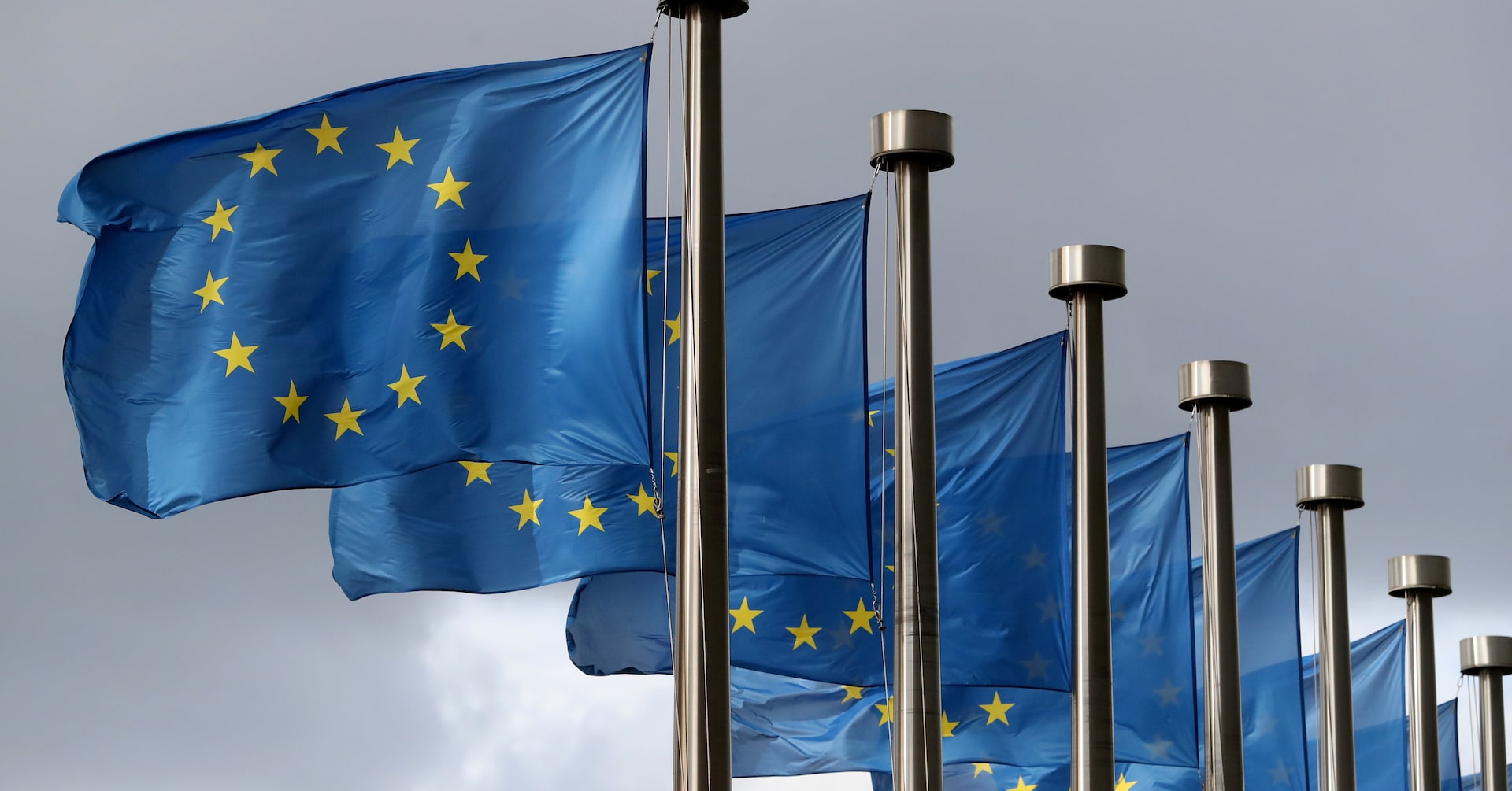Home / Technology / EU Eases Tech Rules: AI Act Delayed, Data Use Loosened
EU Eases Tech Rules: AI Act Delayed, Data Use Loosened
20 Nov
Summary
- European Commission proposed tech regulation changes to reduce red tape.
- AI Act's high-risk provisions delayed until December 2027.
- Changes may permit tech firms to use personal data for AI model training.

The European Commission has put forth a proposal to simplify and ease several technology regulations, aiming to reduce administrative burdens and enhance Europe's global competitiveness. This initiative, referred to as the 'Digital Omnibus', seeks to address criticisms from major tech companies while maintaining robust regulatory frameworks.
Key among the proposed changes is the delay of certain high-risk AI provisions within the AI Act. These stricter rules, originally slated for August 2026, would now take effect in December 2027. This impacts AI applications in sensitive areas such as biometric identification, law enforcement, and job recruitment.
Furthermore, the proposed package includes modifications to the General Data Protection Regulation (GDPR) and the e-Privacy Directive. These adjustments could potentially enable companies like Google and OpenAI to utilize personal data from European users for training their artificial intelligence models, alongside simplifying user consent for 'cookies'.




